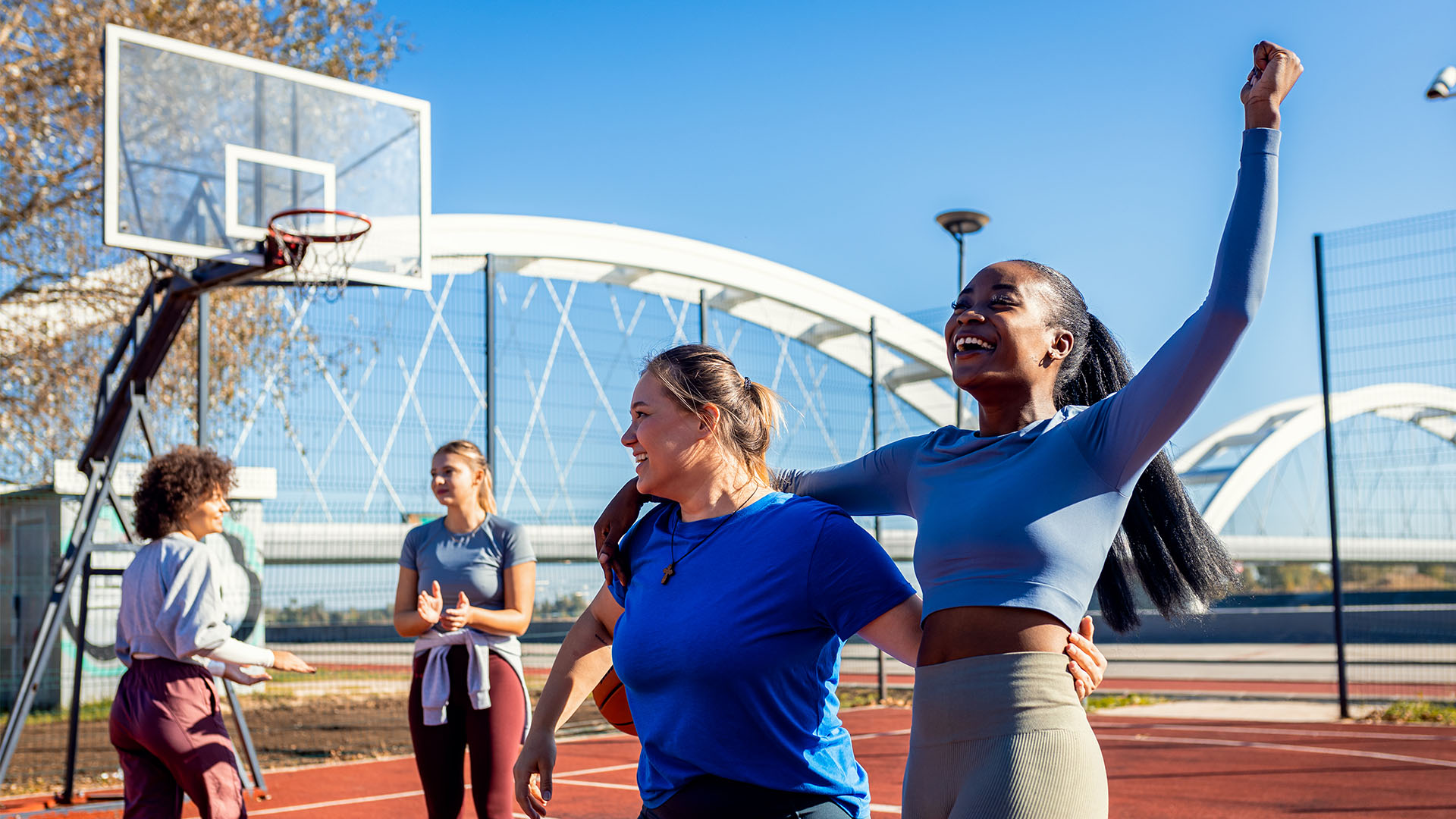Swimming is a popular sport that offers numerous benefits for athletes of all ages and skill levels. Competitive swimming, in particular, provides a unique opportunity for individuals to challenge themselves physically and mentally while striving for personal improvement and success. However, to excel in this sport, it is crucial to find the right coach who can guide you in mastering the techniques and strategies of competitive swimming. Additionally, developing a strong mental game is essential for staying focused and confident in the face of challenges and competition.
Find the Right Coach to Help You Master Competitive Swimming
Finding a coach who understands your goals and can help you improve your technique and performance is crucial in competitive swimming. A good coach will not only provide guidance on proper stroke technique but also help you develop a training plan that suits your individual needs and goals. They will have the knowledge and experience to identify areas for improvement and provide constructive feedback to help you reach your full potential.
When searching for a coach, it is important to consider their qualifications, experience, and coaching style. Look for someone who has a track record of success with athletes at your level or higher. Additionally, find a coach who communicates effectively and can provide the support and motivation you need to stay motivated and focused on your goals.
Develop a Strong Mental Game to Stay Focused and Confident
Competitive swimming can be mentally challenging, as athletes must stay focused and confident in high-pressure situations. Developing a strong mental game is essential for success in this sport. One effective strategy is visualization, where athletes mentally rehearse their races or practice sessions in vivid detail. By visualizing success, athletes can build confidence and improve their performance.
Positive self-talk is another important aspect of developing a strong mental game. Athletes should replace negative thoughts or doubts with positive affirmations that reinforce their abilities and strengths. This can help boost confidence and maintain focus during training sessions and competitions.
Train Strategically to Build Endurance, Speed, and Strength
A well-rounded training program is essential for competitive swimmers. This includes a combination of endurance, speed, and strength training. Endurance training helps build stamina and allows swimmers to maintain a consistent pace over longer distances. Speed training focuses on improving sprinting ability and quick bursts of speed. Strength training helps build muscle and power, which can enhance overall performance in the water.
To create a strategic training plan, it is important to incorporate interval training, which involves alternating between high-intensity efforts and periods of rest or lower intensity. This type of training can help improve both endurance and speed. Additionally, cross-training activities such as running or cycling can help improve overall fitness and prevent overuse injuries.
Learn Proper Technique for Each Swimming Stroke
Proper technique is crucial for improving performance and preventing injury in competitive swimming. Each swimming stroke has its own set of technical components that must be mastered to swim efficiently and effectively. It is important to break down each stroke into its individual components and focus on perfecting each one before moving on to the next.
Working with a coach or attending technique clinics can be helpful in learning proper stroke technique. Video analysis can also be a valuable tool for identifying areas for improvement and making necessary adjustments.
Incorporate Dryland Exercises to Improve Your Swimming Performance

Dryland exercises are an important component of a comprehensive training program for competitive swimmers. These exercises help improve strength, flexibility, and overall performance in the water. Core strengthening exercises, such as planks and Russian twists, can help improve stability and body control while swimming. Resistance training with weights or resistance bands can help build muscle strength and power.
It is important to consult with a coach or strength and conditioning specialist to develop a dryland program that is tailored to your specific needs and goals. They can provide guidance on proper form and technique to ensure you are performing the exercises correctly and safely.
Fuel Your Body with a Balanced Diet for Optimal Performance
Proper nutrition is essential for fueling your body and improving performance in competitive swimming. A balanced diet that includes a variety of nutrient-dense foods is important for providing the energy and nutrients needed for training and recovery. Carbohydrates are the primary source of fuel for swimmers, so it is important to include complex carbohydrates such as whole grains, fruits, and vegetables in your diet.
Protein is also important for muscle repair and recovery. Good sources of protein include lean meats, poultry, fish, eggs, dairy products, and plant-based sources such as beans and legumes. Healthy fats, such as those found in nuts, seeds, avocados, and olive oil, are important for overall health and can provide sustained energy during training sessions.
Staying hydrated is also crucial for optimal performance. Swimmers should drink plenty of water throughout the day and during training sessions to replace fluids lost through sweat.
Practice Good Recovery Habits to Prevent Injury and Burnout
Recovery is an often overlooked but essential aspect of training for competitive swimmers. Proper recovery helps prevent injury and burnout, allowing athletes to perform at their best. Stretching after each training session can help improve flexibility and prevent muscle imbalances. Foam rolling can also be beneficial for releasing tension in muscles and improving recovery.
Getting enough sleep is another important aspect of recovery. Aim for 7-9 hours of quality sleep each night to allow your body to repair and recharge. Additionally, incorporating rest days into your training schedule can help prevent overtraining and allow your body to recover fully.
Set Realistic Goals and Track Your Progress to Stay Motivated
Setting realistic goals is important for staying motivated and focused on your competitive swimming journey. Break down your long-term goals into smaller, achievable steps that you can work towards on a daily or weekly basis. This will help you stay motivated and track your progress over time.
Keeping a training journal or using a tracking app can be helpful for monitoring your progress and identifying areas for improvement. Celebrate small victories along the way to stay motivated and maintain a positive mindset.
Join a Swim Team or Attend Competitions to Gain Experience
Joining a swim team or attending competitions is a great way to gain experience and improve your performance in competitive swimming. Swim teams provide structured training programs and opportunities to compete against other swimmers of similar skill levels. This can help push you to new levels of performance and provide valuable feedback from coaches and teammates.
Attending competitions allows you to test your skills and measure your progress against other swimmers. It can also be a great opportunity to learn from more experienced athletes and gain inspiration from their performances.
Embrace the Competitive Spirit and Enjoy the Journey to Success
Embracing the competitive spirit is important for success in competitive swimming. While winning is often the ultimate goal, it is important to enjoy the journey and find fulfillment in the process of improvement. Setbacks and challenges are inevitable, but they provide opportunities for growth and learning.
Finding inspiration in others can also help fuel your competitive spirit. Follow the journeys of successful swimmers and learn from their experiences. Surround yourself with positive and supportive individuals who share your passion for swimming.
Improving your competitive swimming performance requires dedication, hard work, and a strategic approach to training. Finding the right coach, developing a strong mental game, training strategically, learning proper technique, incorporating dryland exercises, fueling your body with a balanced diet, practicing good recovery habits, setting realistic goals, gaining experience through swim teams and competitions, and embracing the competitive spirit are all key components of success in this sport. By taking action on these strategies, you can enhance your performance and achieve your goals in competitive swimming.
If you’re looking for some expert advice on competitive swimming, you won’t want to miss this informative article on Discover Health TV. From perfecting your technique to improving your speed, this article offers a comprehensive guide to help you excel in the pool. And if you’re interested in maintaining a healthy lifestyle outside of the water, be sure to check out their other articles on health insurance and delicious nutritious dinners. With Discover Health TV, you’ll have all the tips and tricks you need to make the most of your swimming journey. Check out the article here!



